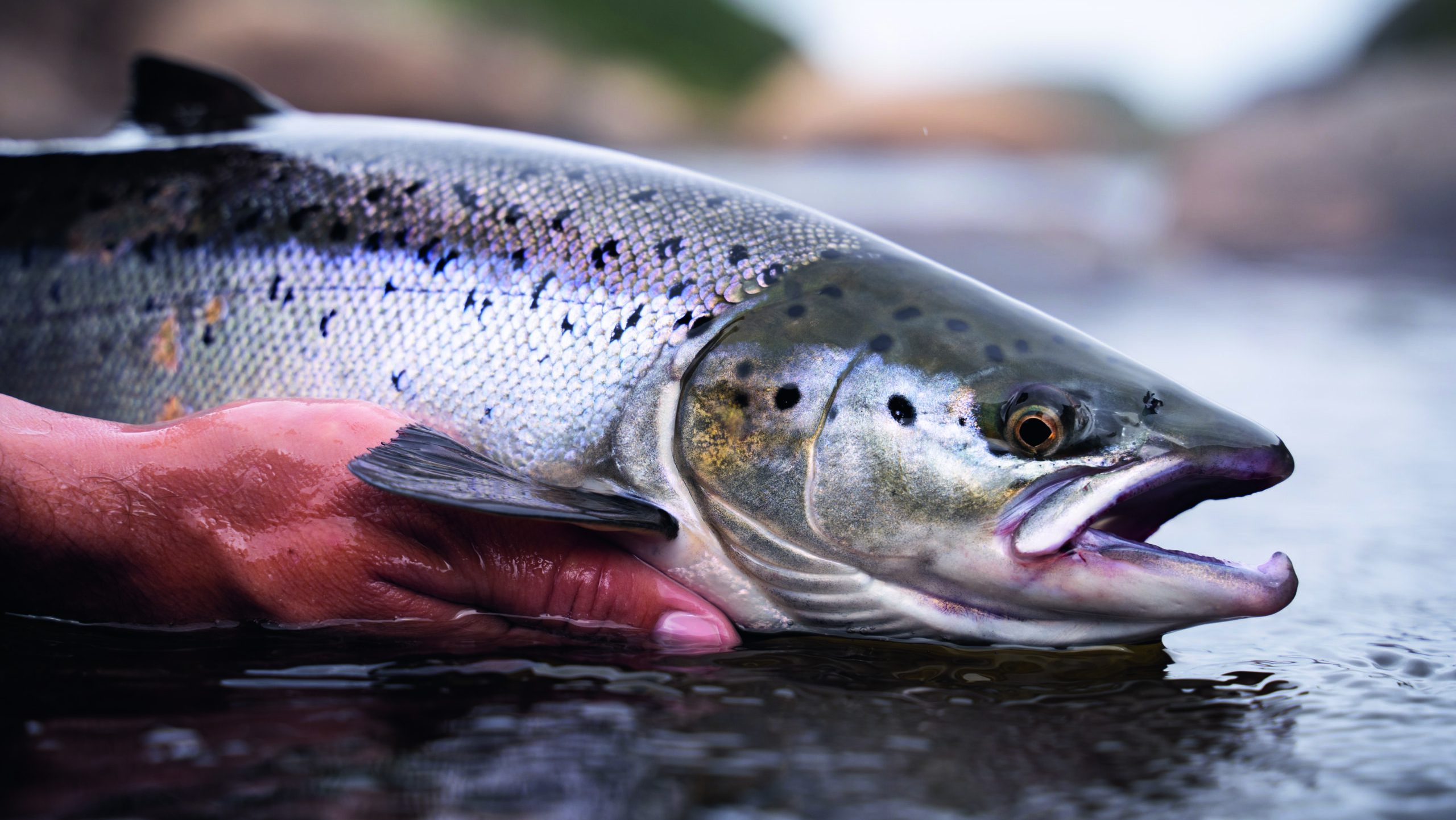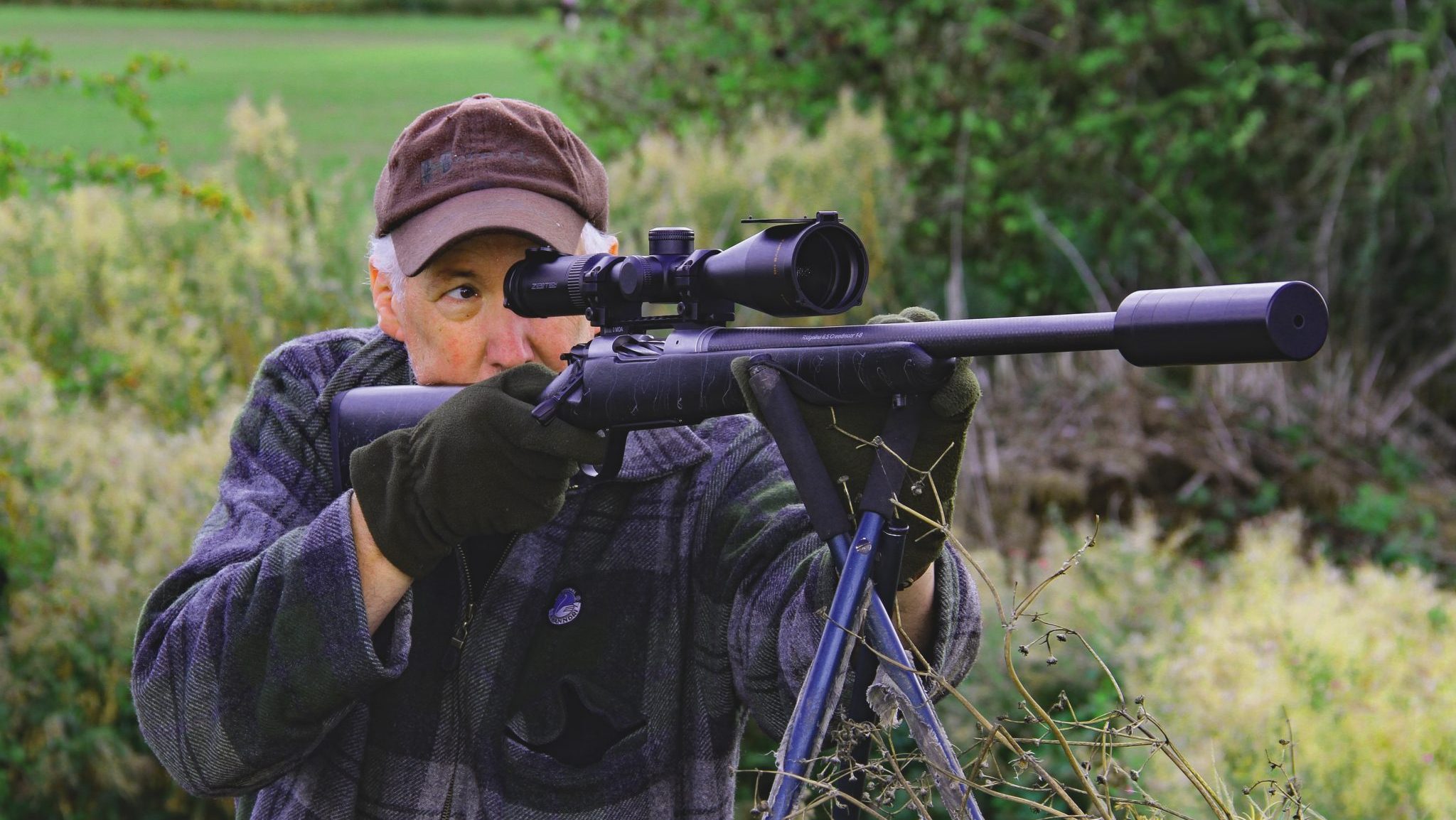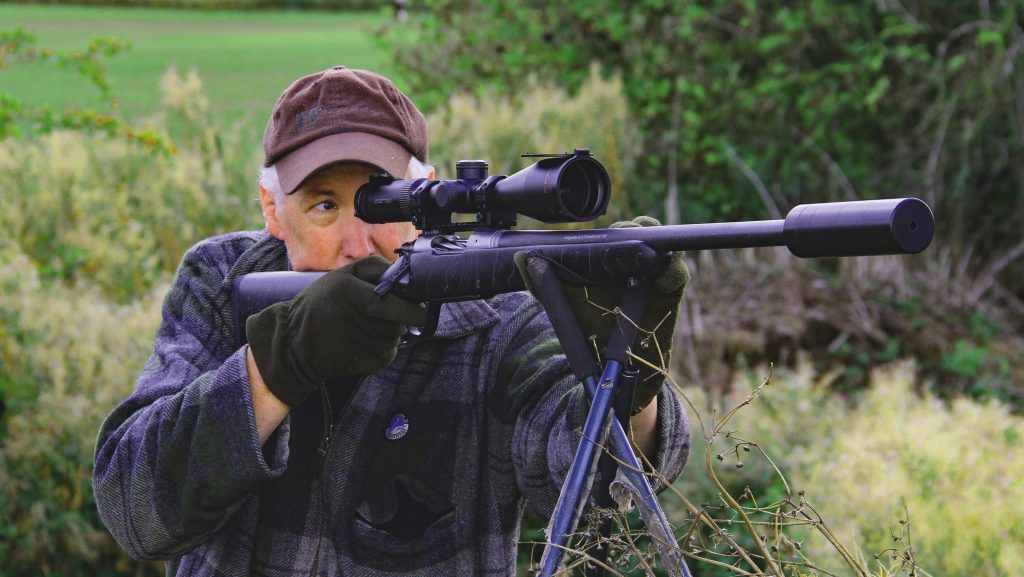★ Win a Schöffel Country shooting coat for everyone in your syndicate worth up to £6,000! Enter here ★
New research offers route to saving wild salmon populations in Scotland.
 New study could help Scottish salmon populations
New study could help Scottish salmon populations
A recent study has developed a stocking system for salmon in Scottish rivers that mitigates population decline without compromising their genetic diversity.
The joint study led by the River Carron Conservation Association (RCCA) has used three decades of analysed genetic material to allow scientists to differentiate between wild-spawned, and stocked salmon.
The research has revealed that breeding from wild-caught fish in a hatchery for a single season can lessen the long-term genetic health issues associated with captive broodstock programmes better than retaining females in captivity for multiple breeding cycles.
Tests have also demonstrated that fish stocked as eggs or juveniles survive to return as adults and have accounted for more than 50% of the rod catch on the river Carron.
Mr Bob Kindness who has led the research said: “Before the Carron Conservation Programme, salmon stocks had dropped so low that the native fish faced real risk of extinction.
“Once the programme was underway, a clear correlation emerged between the number of fish stocked and the number returning as adults.
“The resulting historically high rod catches were a testament to years of dedication and effort—an immensely rewarding outcome for me, as someone with a passion for the King of Fish.”
Related Articles
Get the latest news delivered direct to your door
Subscribe to Shooting Times & Country
Discover the ultimate companion for field sports enthusiasts with Shooting Times & Country Magazine, the UK’s leading weekly publication that has been at the forefront of shooting culture since 1882. Subscribers gain access to expert tips, comprehensive gear reviews, seasonal advice and a vibrant community of like-minded shooters.
Save on shop price when you subscribe with weekly issues featuring in-depth articles on gundog training, exclusive member offers and access to the digital back issue library. A Shooting Times & Country subscription is more than a magazine, don’t just read about the countryside; immerse yourself in its most authoritative and engaging publication.







